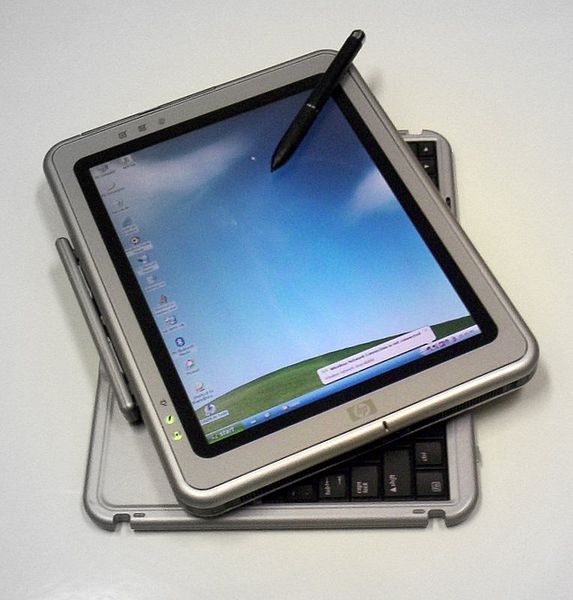 Tablet commerce finding traction during the holidays
Tablet commerce finding traction during the holidays
Mobile shopping is nothing new, dating back to 1997 with Wireless Application Protocol sites, those that facilitate access to information over a mobile wireless network. Throughout the years, mobile shopping has evolved to become something that is wildly popular among tech-savvy consumers. This is becoming especially true for tablet users, who are beginning to represent a sizeable share of the mobile consumer base. Deloitte, a UK-based consulting firm, as well as several other market research firms, expects that tablet commerce will see a great deal of attention during this year’s holiday season.
Consumers becoming more interested in tablet commerce
Tablet commerce is a form of mobile commerce that refers specifically to the use of tablet devices, such as the iPad. Tablets are becoming more popular among consumers because of their wider range of capabilities, which trump most conventional smart phones. This is especially true in the publishing space, where magazines, newspapers, and other publications are seeing a great deal of growth through the offering of digital editions designed specifically for tablets.
Forecasts predict tablets to account for major financial activity during Christmas season
Deloitte predicts that more than $400 million in sales will be made in the United Kingdom directly through smart phones during the Christmas season. Tablet commerce is expected to perform much better, with Deloitte forecasting more than $550 million in sales coming directly from tablets. Adobe’s Digital Index 2012 Online Shopping Forecast predicts that tablets will account for nearly 8% of all sales made in the United Kingdom during the Christmas season this year, up from the 3% share they held in the same period of 2011.
UK retailers beginning to take mobile commerce more seriously
British retailers are showing more serious interest in mobile shopping for tablets as well. Retailers are beginning to develop services that are specifically designed for tablet devices, rather than smart phones. Applications for tablets are becoming much more common and could help influence more shopping activity among mobile consumers that are interested in using their mobile devices to find and pay for products than participate in traditional forms of commerce and shopping.

 Static augmented reality may be a thing of the past
Static augmented reality may be a thing of the past